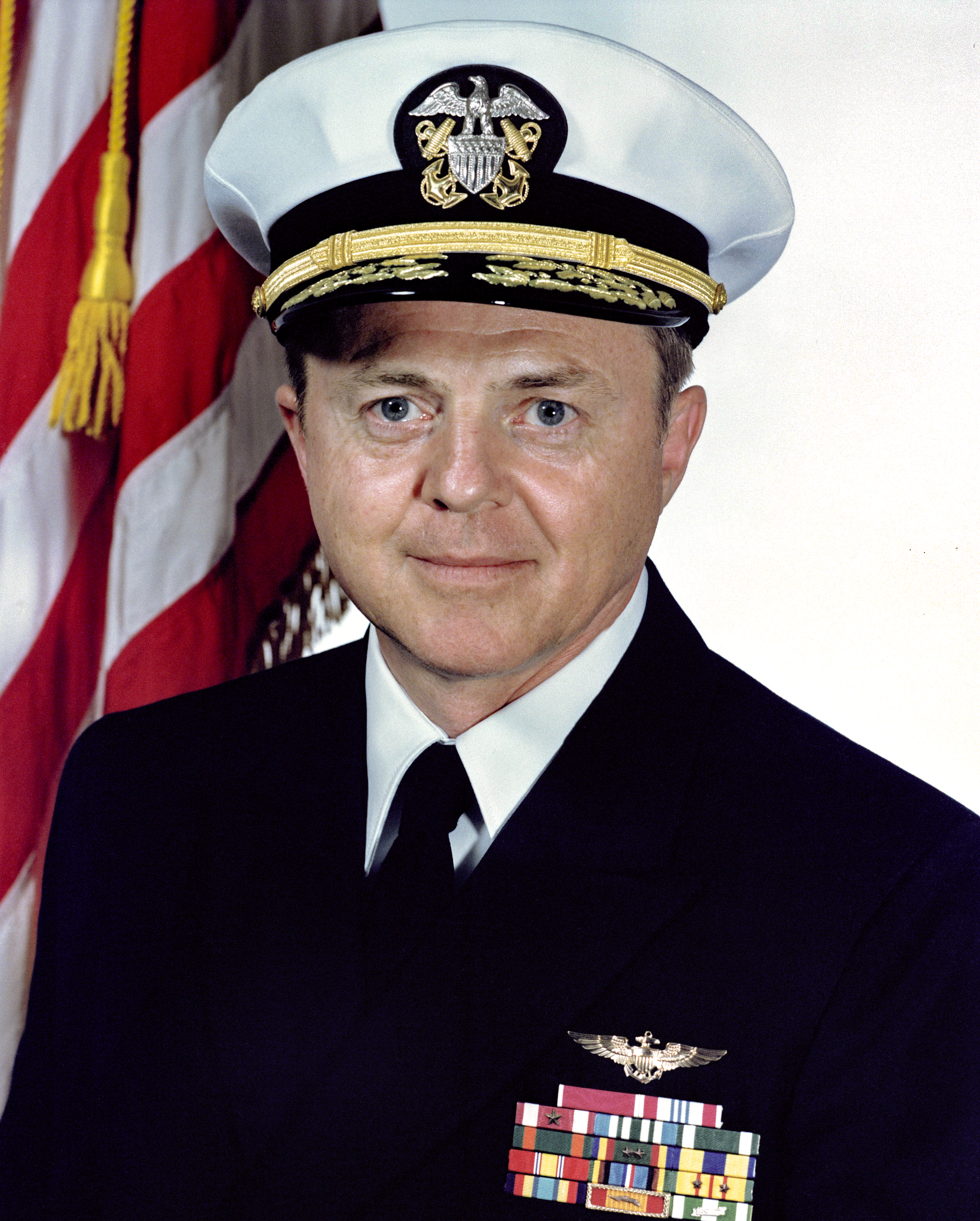
Bernsen, Harold J. (Hal), Rear Adm., USN (Ret.)
(1936–)
This memoir focuses on only one tour of duty in Admiral Bernsen's career, his command of the U.S. Middle East Force in the Persian Gulf from 1986 to 1988. It traces the rapid evolution of that billet during his tenure. At first it was almost completely a diplomatic assignment, but that changed as the result of the Iran-Iraq tanker war of the late 1980s. Step by step, Bernsen became a combat commander and continued to use his diplomatic experience to further the U.S. cause in the Middle East. In the spring of 1987, while U.S. warships were operating in the Persian Gulf, an Iraqi jet fired Exocet missiles at the frigate Stark (FFG-31) and badly damaged her. Meanwhile, Kuwait was looking for protection of its tankers as they carried that country’s oil through the Strait of Hormuz and into the world. The United States, concerned that the Soviet Union might gain leverage in the area by coming to Kuwait’s aid, agreed to take over several Kuwaiti tankers and operate them under the U.S. flag. That, in turn, enabled the U.S. Navy to provide convoy escort protection in Operation Earnest Will. At the time it was the hottest operation going for the U.S. Navy. Bernsen recalled in his interviews his relationships with Admiral William J. Crowe Jr., the Chairman of the Joint Chiefs of Staff, and General George Crist, Commander in Chief U.S. Central Command. Bernsen recalls the extensive planning effort and the consequent adjustment when an Iranian mine damaged the commercial tanker Bridgeton during her first mission under convoy. That led to beefed-up minesweeping capabilities and to retaliatory attacks on Iranian assets in the Persian Gulf. The oral history frequently emphasizes the benefits for the United States of the personal relationships forged between U.S. naval officers and Middle East leaders.
About this Volume
Based on two interviews, conducted by Paul Stillwell in November 1991 and September 1997. The volume contains 134 pages of interview transcript plus a comprehensive index. The transcript is copyright 2014 by the U.S. Naval Institute; the interviewee placed no restrictions on its use.


